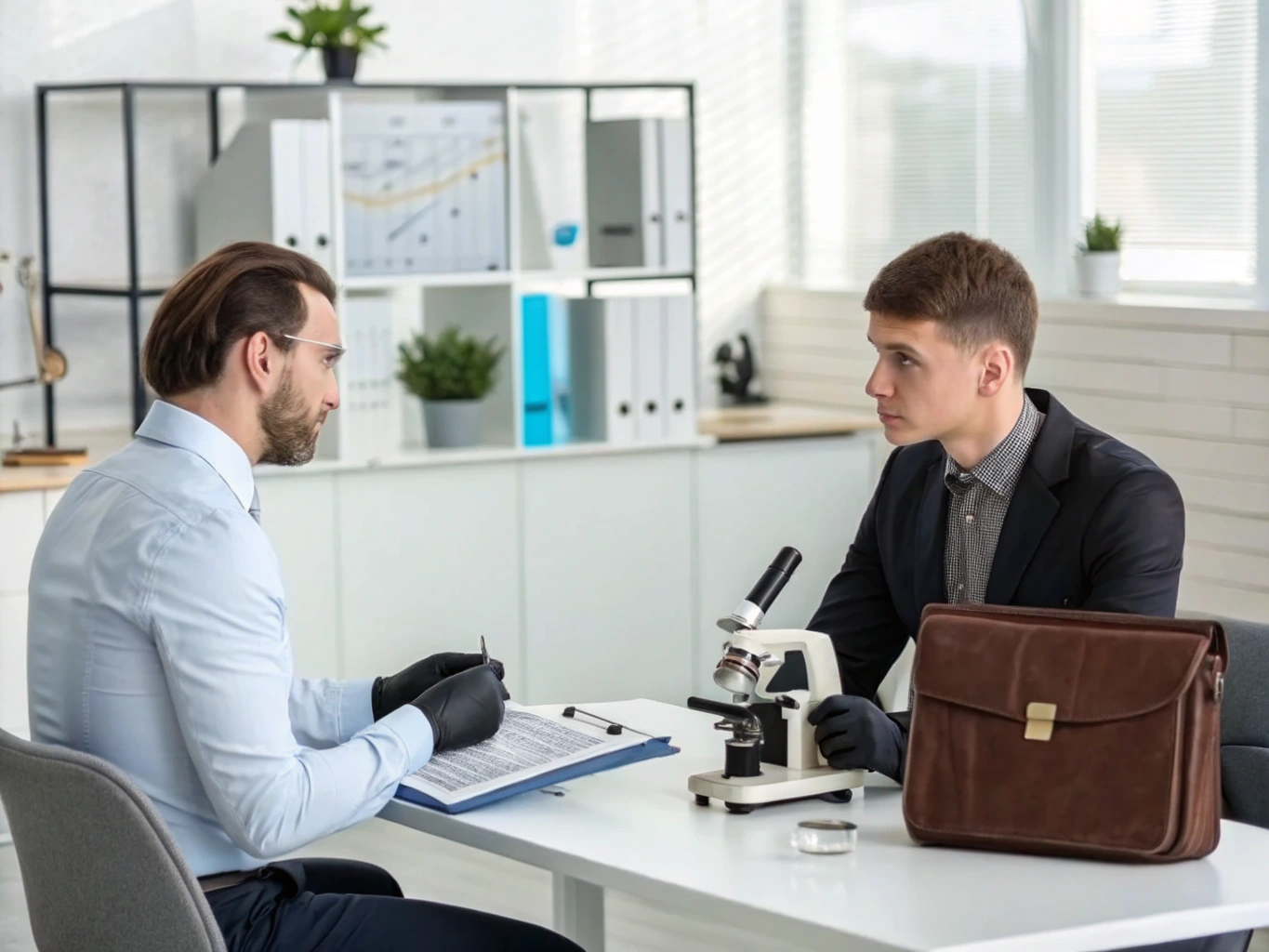As a recruiter, it’s essential to conduct a thorough interview to assess a candidate’s suitability for the Forensic Pathologist position. This interview questions template provides a structured approach to evaluating candidates based on their knowledge, experience, and ability to handle the challenges of the role.
The role of a Forensic Pathologist is vital for uncovering the circumstances surrounding a person’s death, providing critical insights that can significantly influence legal investigations and court proceedings. Finding a Forensic Pathologist who possesses the necessary skills, experience, and qualifications is crucial for ensuring justice and contributing to the integrity of the forensic science community.
Skill-Based Questions
- Can you walk us through your methodology for conducting a forensic autopsy? What specific techniques do you use to ensure accuracy in your findings?
- What is your level of familiarity with advanced imaging techniques in forensic pathology, such as CT or MRI scans? How do these methods complement traditional autopsy practices?
- Describe your experience with toxicological analysis in post-mortem examinations. How do you approach identifying substances in biological samples?
- Can you explain the importance of preserving chain of custody in forensic investigations and how you ensure it during your examinations?
- Have you ever encountered discrepancies in your findings compared to law enforcement or other forensic experts? How did you address these differences?
Behavioral or Situational Questions
- Tell us about a particularly challenging case you handled. What obstacles did you face, and how did you overcome them?
- Describe a time when you had to explain complex forensic findings to a non-technical audience. How did you ensure they understood the information?
- Discuss a scenario where you had to work under tight deadlines. What strategies did you employ to manage your time effectively?
- Can you provide an example of when you received critical feedback on your work? How did you respond and incorporate that feedback into your practice?
- Have you ever had to testify in court as an expert witness? How did you prepare for that experience, and what challenges did you face during testimony?
General Questions
- What motivated you to pursue a career in forensic pathology, and what specific experiences have shaped your professional journey in this field?
- How do you keep abreast of the latest developments and research in forensic pathology and related fields?
- What role do you believe forensic pathologists play in the broader criminal justice system, and how do you envision contributing to this role?
Conclusion
In conclusion, conducting a thorough interview is crucial when hiring for a Forensic Pathologist position. The questions provided in this template serve as a solid foundation for assessing a candidate’s qualifications and experience. However, recruiters should feel free to modify or add to these questions based on their specific needs and the requirements of their organization.




